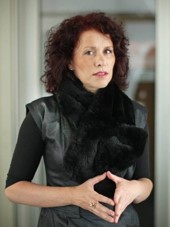
dr Maja Bogataj Jančič, Institute of Intellectual Property, Ljubljana, Slovenia
Dr Maja Bogataj Jančič is the founder and head of the Intellectual Property Institute, a private research, training and consulting institution based in Ljubljana, Slovenia. She graduated from the Faculty of Law in Ljubljana (1996) and obtained her Master’s degree at the Faculty of Law in Ljubljana (1999, Economy), at Harvard Law School (2000, Law) and at the Faculty of Law in Turin (2005, Intellectual Property). She also holds a Doctoral degree from the Faculty of Law in Ljubljana (2006, Copyright). She is the author of many publications in the field of intellectual property and co-author of various books regarding the internet and intellectual property law.
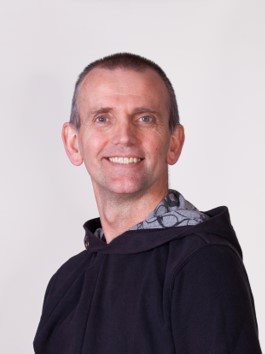
Peter Čerče, Science and Research Centre Koper, Slovenia
Peter Čerče holds a B.A. in Archaeology from the Faculty of Arts, University of Ljubljana.
Since 2003, he has headed the research library of the Science and Research Centre Koper (ZRS Koper). Since 2017, he’s heading the Centre for IT and Infrastructural Support to Research as well as the Infrastructure programme of ZRS Koper. As a librarian, he is interested in the opportunities that Open Access offers in managing research data. His daily tasks include informing researchers and other data users about the concepts behind FAIR Data.
He has a particular interest in research infrastructure and research data management. At the end of 2018, he was appointed Data Officer in the Horizon 2020 ORDP project Migrant Children and Communities in a Transforming Europe (MICREATE).
Lecture: Migrant children and communities in a transforming Europe (MICREATE) – hands-on RDM and DMP
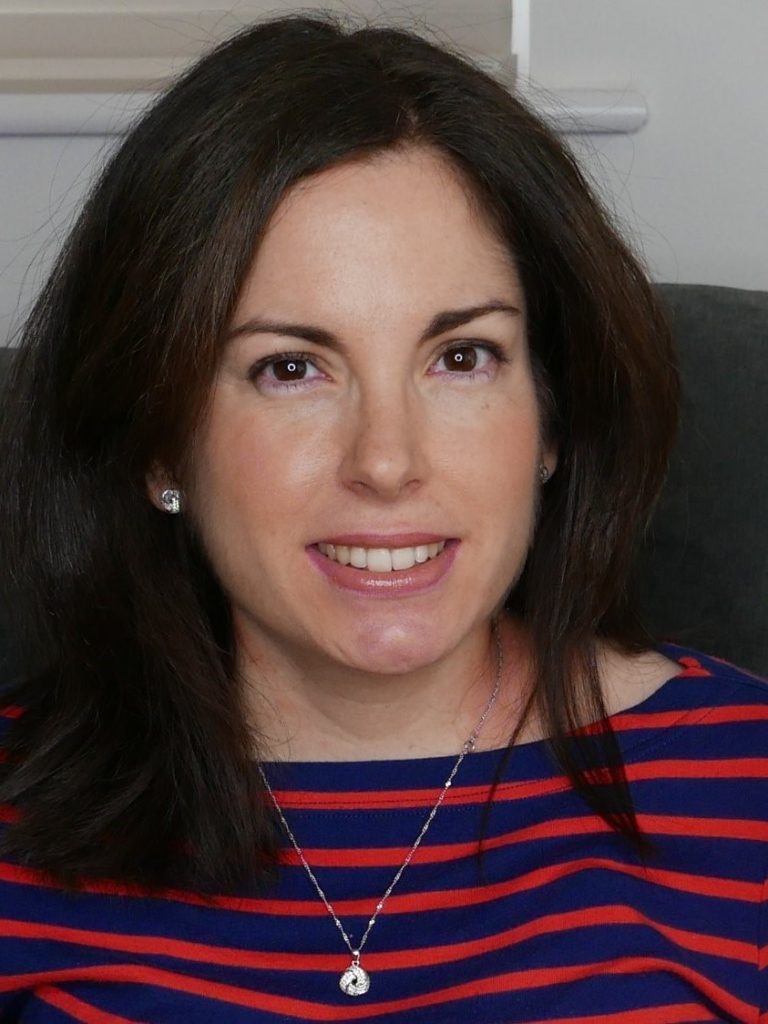
dr Alicia Estacio Gómez, Open Research Europe, F1000, United Kingdom
Alicia Estacio Gómez graduated from Biology at Universidad Autónoma de Madrid, Spain in 2007, where she stayed to obtain a PhD in Molecular Biology in 2014. She then moved to the UK, to join Imperial College London as a Postdoctoral researcher. During her academic career she has investigated and authored publications on neural specification using fruit flies. In 2021 she joined Open Research Europe to work as a Content Acquisition Editor, where she oversees the areas of Biological sciences, Computer and Information sciences, and Mathematics.
Lecture: Open peer review: Open Research Europe, a case study
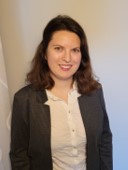
Danaja Fabčič Povše, Vrije Universiteit Brussel, Belgium
Danaja Fabcic Povse is a researcher and doctoral student at the Health and Aging Law Lab at the Vrije Universiteit Brussel, working on legal and ethical aspects of new technologies in the biomedical sector. Her PhD project tackles digital covid passes from the perspective of anti-discrimination and public health law. She holds an LLM in European business law (KU Leuven 2017) and a master’s degree in law (University of Ljubljana 2016); after graduation, she worked at the Centre for IT & IP Law on European projects in cybersecurity and data protection as legal and ethical support.
Lecture: Data management plan and research with personal data
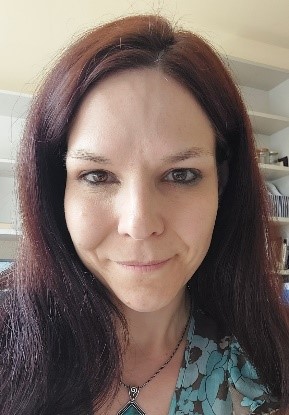
Judit Éva Fazekas-Paragh, University of Debrecen, Hungary
Judit Fazekas-Paragh is a research support librarian and currently the head of University Library Education and Research Support Department. Her primary work is to deepen open science guidelines at the national level. As an OpenAIRE NOAD and HUNOR working group coordinator, she aids Hungarian stakeholders to connect to the open science discourse of the European Union. Her responsibilities include expanding open access publishing, introducing FAIR principles and research data management, conducting related trainings, and support the development of open infrastructures. Related to her dissemination activities she regularly contributes in spreading information about Open Science and the cultural changes of scientific communication for the national audience by sharing updates within the framework of the Hungarian informational websites. She works on strengthening and promoting data management standards within the national RDA organization. In the NI4OS-Europe regional project, she’s acting as the coordinator of the dissemination, marketing and sustainability work package, where she represents national initiatives, forward-looking developments and related trainings in connection with EOSC.
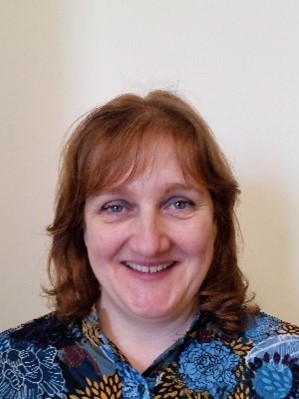
Edit Görögh, PhD, University of Debrecen, Hungary
Edit Görögh is currently working as a Head of References at the University of Debrecen in Hungary. She is also involved in international projects, such as DaLiCo, RDA related HRDA and RDA Adoption. Her open science activity included a position as a project officer at the University of Göttingen in Germany for OpenUp (2016-19), an EU funded project which aimed at developing a cohesive framework for new methods, indicators and tools for peer review, dissemination of research results, and impact measurement. She has been involved in knowledge management and open access/science related programs for 15 years. Her open science advocacy work is enhanced by her PhD degree in communication from the University of Colorado at Boulder and her humanities background from the University of Debrecen.

Jerneja Grašič, BA, University of Maribor Library, Slovenia
Jerneja Grašič is a digital librarian at the Informatics and digital library department of University of Maribor Library. In 2008 she completed her Bachelor’s degree at the Department of library and information science and book studies, University of Ljubljana. Initially she worked as a reference librarian at the Loan department. Now she works as a citation tools trainer, Digital Library of University of Maribor administrator, LibGuides administrator and content manager. Her main interestes are electronic sources in academic environment, open access, metadata, plagiarism and citation tools.
Lecture: How to choose an open access journal: criteria and tools
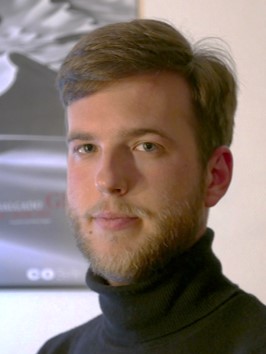
dr Aljoša Hafner, CERIC-ERIC, Trieste, Italy
Aljoša Hafner started studying physics at University of Ljubljana and continued on a master’s programme at Freie Universitat Berlin, where he first got acquainted with scattering, the nanoscale and the large research facilities. After a brief stay in Belgium, he then continued to do a PhD in scattering on soft condensed matter at the Institut Laue-Langevin in Grenoble and Universite Libre de Bruxelles. Currently he is employed as a computational physicist at an international consortium CERIC-ERIC in Trieste. He works on the PaNOSC project, which strives to integrate photon and neutron facilities’ experimental workflows (data handling, analysis and simulations) into EOSC.
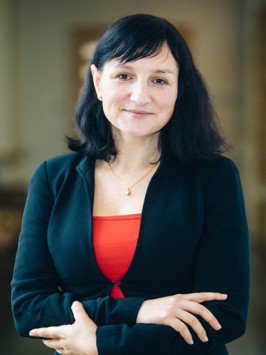
prof. dr. Janja Hojnik, University of Maribor, Slovenia
Janja Hojnik is former Vice-Rector of University of Maribor for Quality, HR and Legal Affairs (2018-2022), chair of the working group on the renewal of the UM Code of Ethics (2020-21). Doctor of Juridical Science with diplomas in law and economics and with State Juridical Exam, Full Law Professor of the University of Maribor, Faculty of Law and Jean Monnet Chair Professor of EU Law. Vice-Dean for Research and International Relations (2015-2018) and Head of Doctoral Programme (2016-2018) at Faculty of Law UM. Teaching and researching in the field of EU Law, member of the advisory board of a leading EU law journal (Common Market Law Review).
Lecture: Ethics and integrity in research
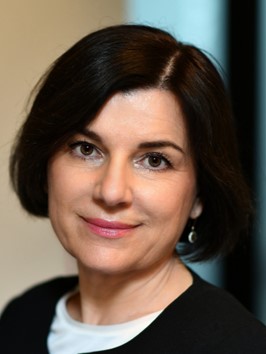
Jadranka Jezeršek Turnes, Kontekst Consulting, Ljubljana, Slovenia
Jadranka Jezeršek Turnes graduated from London Metropolitan University and obtained an MBA within the Ogilvy global advertising network. Her professional focus in recent years has been communication management in scientific and innovative environments. After setting up the innovation office – on behalf of Center of Excellence on Polymers and Polymer Technologies – at the Akron Global Business Accelerator in the city of Akron, Ohio (USA), she has been intensively engaged in projects which embrace scientific engagement and science communication. She was part of many interesting projects, among them also organization of International Conference on Science and Technology at Harvard JFK University and organization of Biopolymer Workshop with an international group of experts at/with Jomo Kenyatta University of Agriculture and Technology, Kenya. Since 2013 she does media training workshops for scientists and scientific institutions on how to organise effective and relevante scientific engagement.
Lecture: Science communication and engagement
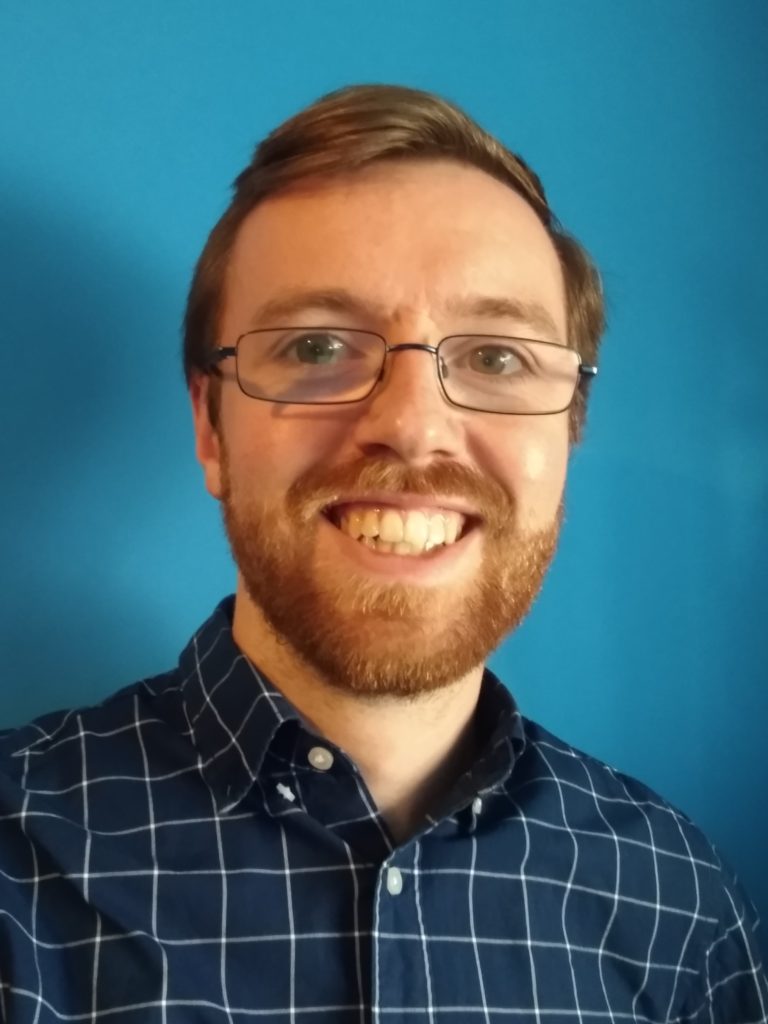
dr Joe Kelly, F1000, United Kingdom
Joe Kelly is an Associate Editorial Assistant in the Peer Review Team at F1000. Previously he worked in Digital resources at Taylor & Francis, and has a background in research with PhD in history from the University of Liverpool.
Lecture: Open peer review: Open Research Europe, a case study
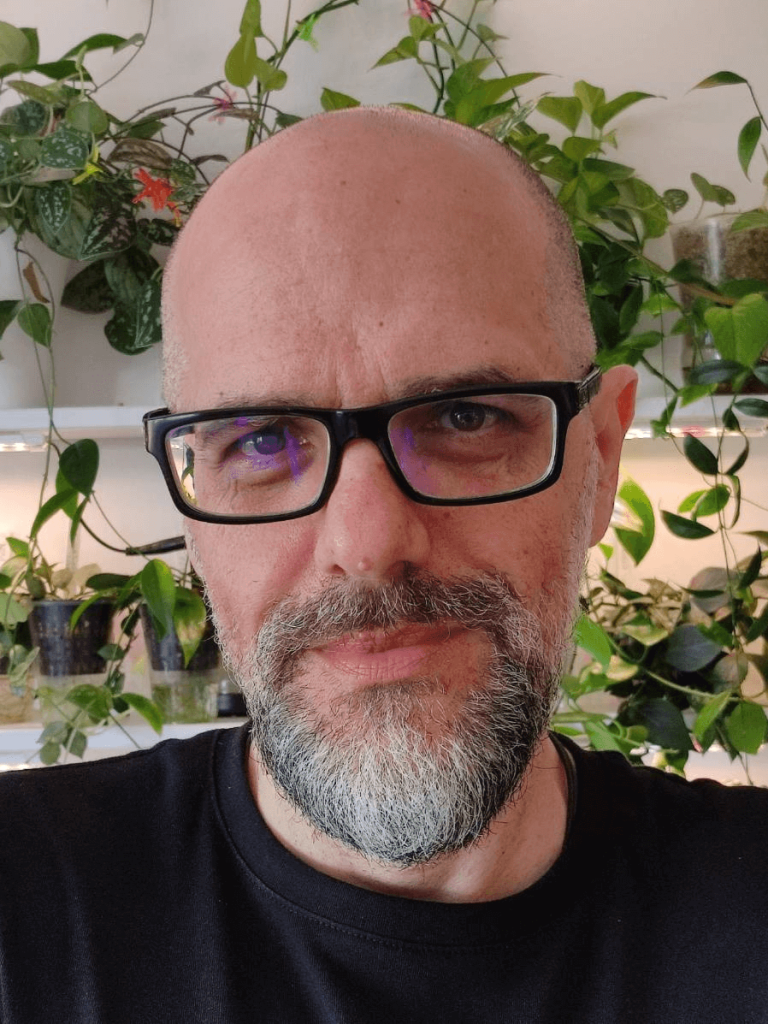
prof. dr. Dean Korošak, Vice-Rector for Science and Research, University of Maribor, Slovenia
Lecture: Welcome Speech

prof. dr. Barbara Koroušić Seljak, Institute Jozef Stefan, Ljubljana, Slovenia
Prof Barbara Koroušić Seljak works as a senior researcher at the Computer Systems Department of the Jožef Stefan Institute. She has been involved in several EU-funded and national projects related to food-, nutrition- and health-related open data. She is a member of the international organization EuroFIR AISBL and is a council member of the Slovenian Society for Clinical Nutrition. Barbara lectures at the Jožef Stefan International Postgraduate School. Currently, her main research areas are food and nutrition data management and knowledge discovery.
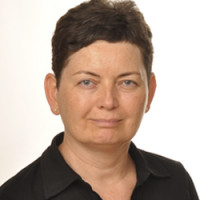
dr Mojca Kotar, University of Ljubljana, Slovenia
Mojca Kotar participated in establishing openaccess.si portal and the national open access infrastructure with Open Science Slovenia portal and institutional repositories. She was member of a working group that prepared a draft national open access strategy 2015-2020 and the respective draft action plan. She acted as the National Open Access Desk within consecutive OpenAIRE projects. She is in charge of the Repository of the University of Ljubljana and public procurement contracts for access to international scientific journals, and also participates in consortial negotiations with academic publishers.
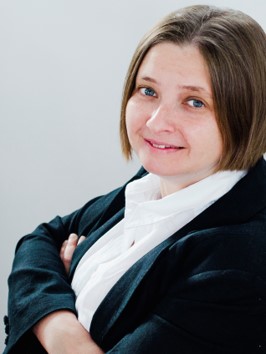
Iryna Kuchma, EIFL, Vilnius, Lithuania
Working in collaboration with library consortia in more than 50 countries in Africa, Asia and Europe, Iryna Kuchma advocates for open access to research results, facilitates the development and implementation of open science policies and infrastructures, and provides support and training. She sits on the boards of Confederation of Open Access Repositories, the Global Sustainability Coalition for Open Science Services and the Networked Digital Library of Theses and Dissertations. She also serves on the EOSC Association Data stewardship curricula and career paths Task Force and CODATA Policy and Legal Working Group. More details …
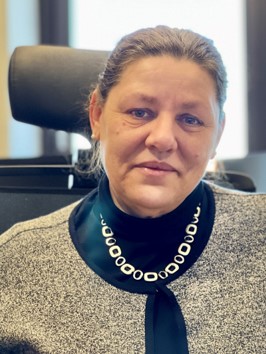
Dunja Legat, MA, University of Maribor Library, Slovenia
Dunja Legat is director at the University of Maribor Library, Slovenia. Her primary professional interests are scientific journals, digital libraries and open science. She is very active in developing the institutional repository of the University of Maribor, DKUM. She was a member of a task group appointed by the Ministry of Education, Science and Sport to prepare the national document “Open Access in Slovenia 2015-2020 and is now the member of the taks group for preparing the action plan of the Research and Innovation Strategy of Slovenia 2030, the chapter on open science. Dunja Legat represents the University of Maribor Library in the regional EOSC project National Initiatives for Open Science in Europe (NI4OS-Europe), she was a member of the EOSC Skills & Training Working Group and momentary is the member of the EOSC Data Stewardship Curricula and Career Paths Task Force. She also manages the University of Maribor Press.
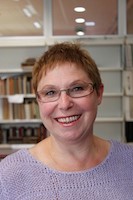
Renata Močnik, MSc, University of Maribor Library, Slovenia
Renata Močnik graduated from the Faculty of Civil Engineering, Transportation Engineering and Architecture at the University of Maribor and continued her studies at the Faculty of Economics and Business of the University of Maribor where she obtained her Master’s degree.
At the University of Maribor Library, she works as a subject specialist for the fields of natural sciences and technology at the Learning and Research Support Department. She is active in information literacy training of students and employees of the University of Maribor. As the administrator of the PATLIB center, she also supports users in intellectual property issues.
Lecture: Systematic Literature Review
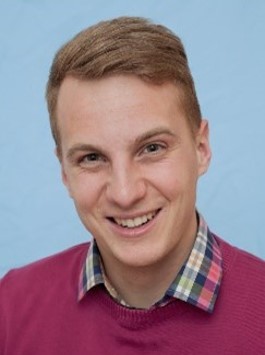
dr Nejc Novak, Faculty of Mechanical Engineering, University of Maribor, Slovenia
Nejc Novak is an assistant professor at the Faculty of Mechanical Engineering, University of Maribor, Slovenia. His research interest is in advanced computational modelling and simulations, cellular structures, characterisation and optimisation of cellular structures and crashworthiness. He was the visiting researcher at the University of Kumamoto, Japan, at the Georgia Institute of Technology, USA, at the Beijing Institute of Technology, China, as well as at the Politecnico di Milano, Italy, where he was recently appointed as visiting professor. Dr. Novak attended the first Open Science ambassadors training organised by EURODOC in 2019 and has been appointed as one of the first 30 Open Science ambassadors in Europe.
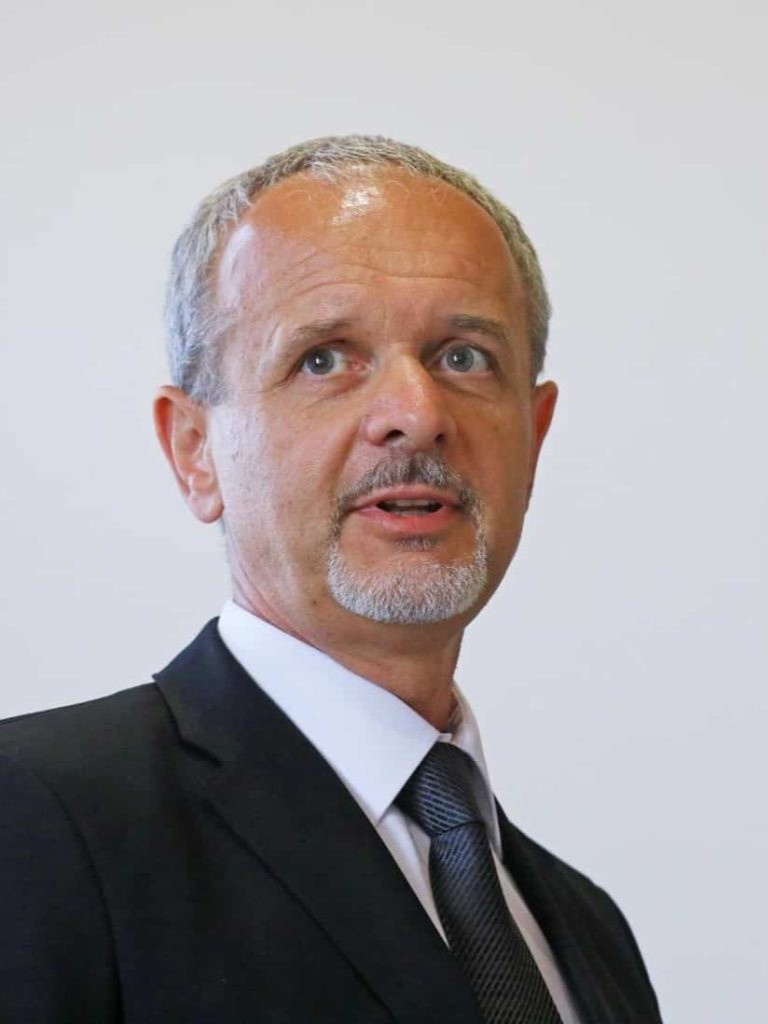
prof. dr. Zoran Ren, University of Maribor, Slovenia
Dr. Zoran Ren is an expert in complex computer modelling and simulations, high-performance computing, modelling of fast transients in solids, construction of machine elements as well as development and characterization of cellular metamaterials. He is the head of the Laboratory for Advanced Engineering Simulations and Experimentation (LACE-X), and the national research program Construction of Cellular Structures. He is successfully cooperating with industry, especially in the areas related to the improvement of road safety.
Lecture: Open access to research infrastructure at the University of Maribor for global benefit
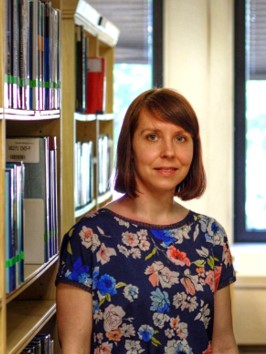
dr Tea Romih, Central Technical Library, University of Ljubljana, Slovenia
Dr. Tea Romih is a former researcher who turned her enthusiasm for improving science into a full-time job. Since February 2022, she works as an information specialist for research data at CTK UL. She obtained her pre-Bologna diploma in Biology in 2011 and a PhD in Nanosciences in 2016, both from the University of Ljubljana. After graduation, she gained experience in visual communication of science, academic editing, specialist translation and SEO before a brief research stint at the National Institute of Chemistry between 2019 and 2022. In her free time, she is active in the Young Academy of Slovenia.
Lecture: Data management plan: step by step
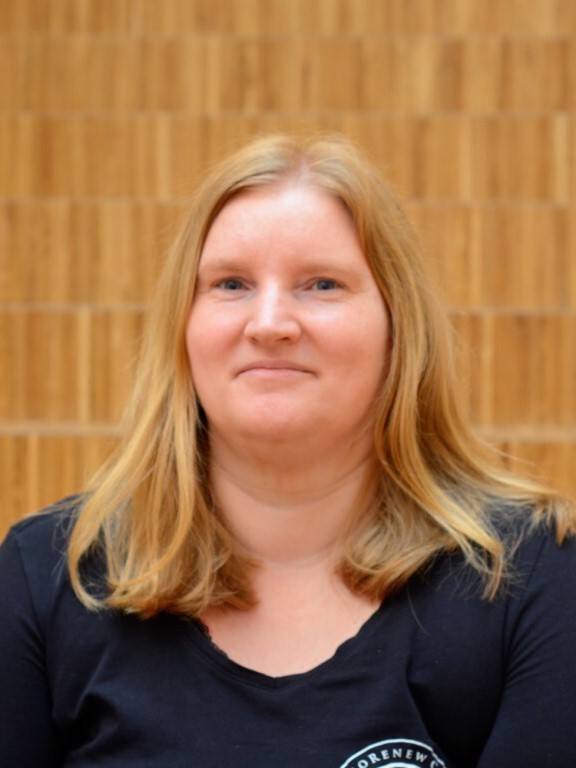
dr Ana Slavec, InnoRenew CoE, Izola, Slovenia
Dr. Ana Slavec is a consulting statistician at InnoRenew CoE where her main role is to support the development and implementation of the institute data management plan and to assist other researchers with data collection, analysis and reporting. She obtained a Ph.D in Statistics in 2016 from the Faculty of Social Sciences at the University of Ljubljana. She was a member of the European Open Science Cloud FAIR Working Group, the RDA Ambassador for Engineering/Renewable Materials and an Open Science Ambassador for the European Council of Doctoral Candidates and Junior Researchers (Eurodoc).
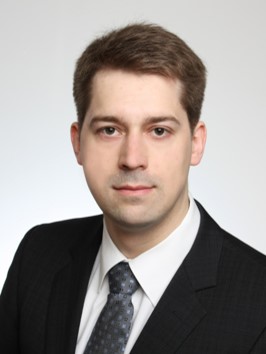
Matija Šuklje, dipl. univ. prav., Senior IP Counsel, Liferay, USA
Lawyer by profession and hacker by heart, Matija Šuklje loves to bridge the two worlds. Since the late 90’s he has been working with FOSS (Free & Open Source Software) and is experienced in all three sectors: public, NGO and corporate. For many years he led the world’s largest network of FOSS lawyers, an active member of which he remains to day. Currently his position is that of Senior IP Counsel at an international IT company, Liferay.
Lecture: Open software licensing
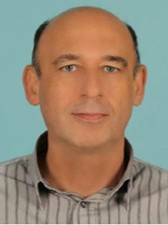
prof. dr. Miran Ulbin, Faculty of Mechanical Engineering, University of Maribor, Slovenia
Prof. dr. Miran Ulbin studied mechanical engineering at the University of Maribor, obtaining his Doctorate in 1996. He is an associate professor in mechanical design at the Faculty of Mechanical Engineering, University of Maribor. His research interests are mainly related to numerical analyses, computer-aided design and computer programming. He has published more than 120 papers in scientific journals and conference proceedings.
Lecture: Introduction to high-performance computing at the University of Maribor
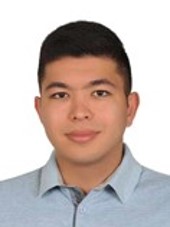
Yunus Emre Yılmaz, M. Sc., Faculty of Mechanical Engineering, University of Maribor, Slovenia
Yunus Emre Yılmaz, M. Sc. (* 1992) is a second-year Ph.D. student working on the characterization of cellular structures at high strain rates. His research interests are the non-parametric approach for identifying the behavior of cellular structures at high strain rates and 3D digital image correlation techniques in high strain rate experiments. He used to work at Middle East Technical University, Turkey, as a research and teaching assistant and worked on the design of precision machine systems.
